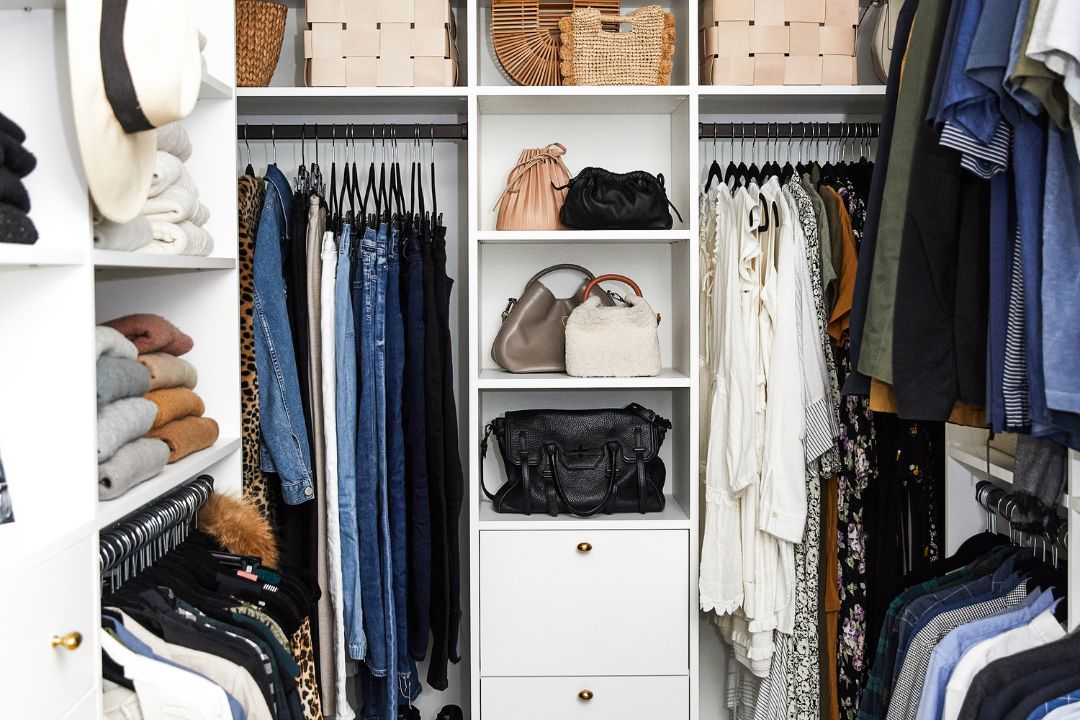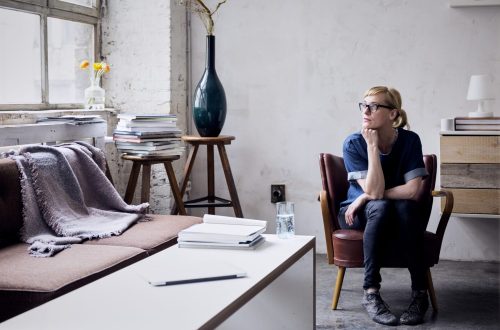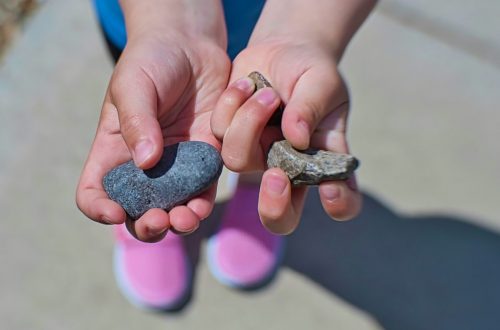It began as a simple Sunday chore, the kind you tell yourself you’ll do in ten minutes and somehow end up spending an entire afternoon on. My closet had slowly transformed into a quiet archive of my past selves. Shirts I had bought impulsively during vacations, sweaters that smelled faintly of old coffee, jackets I had worn for moments I couldn’t quite remember—all of it had accumulated into a dense, cluttered history. I opened the door, took one deep breath, and decided that today I would confront it. Not just the mess, but what it represented: my attachments, my indecisions, my inability to let go.
The first items I pulled out were the easy ones. A scarf that had been shoved into the back corner, forgotten but still soft. A blouse that had shrunk mysteriously in the wash. I folded them neatly and set them aside to donate. Each item released more than just physical space; it released a little weight I hadn’t realized I’d been carrying. As the piles grew, I began noticing the emotional pull of certain pieces. A leather jacket I bought during a road trip called back to the winding highways and the hum of the engine, the freedom of that weekend compressed into stitches and zippers. I held it for a long time, running my fingers over the worn edges, and finally placed it into a donation bag. Letting go didn’t erase the memory; it simply untethered it from material form.
Some items, though, demanded reflection. I came across a pair of shoes I had worn to a particularly memorable night, the kind of night where the world feels both vast and intimate all at once. The soles were scuffed, the leather creased, yet I lingered. For a moment, I questioned whether I should keep them, as if holding onto the shoes would somehow preserve the feeling. But I realized that memories don’t live in objects—they live in you. The shoes were only anchors, and I had grown ready to sail forward. As I set them aside, I felt a small but distinct relief, like a breath I hadn’t known I was holding.
I discovered more than nostalgia among the stacks. I found patterns in my decisions, glimpses of who I had been versus who I had become. Outfits I used to rely on for comfort now felt foreign, too constricting, too loud. Clothes that once seemed necessary suddenly appeared excessive, reminders of a version of myself I no longer needed to maintain. Cleaning my closet became a mirror, reflecting the evolution of my identity. Each folded shirt, each sorted pile, was a tiny acknowledgment that I could release the past without losing it.
The process also forced me to face my attachments to possibility. There were garments I had never worn but kept because of potential: the dress for a party I never attended, the coat for a trip I never took, the sweater for a life I imagined but hadn’t yet lived. These items represented hesitation, the way we hoard futures as though they were tangible objects. Setting them aside—donating, gifting, or discarding—felt radical. I was choosing to release imagined versions of myself, clearing room for the life I am actually living. And somehow, in letting go of potential, I felt more present in the now.
By mid-afternoon, my closet had transformed from a cramped archive into a space that breathed. The air felt lighter, the floor visible for the first time in months, perhaps years. Standing back, I realized that cleaning wasn’t just about tidiness; it was about intention. Every choice to keep or discard was a choice about what I value, what I want to carry forward, and what I am ready to release. There was a profound intimacy in the act, a quiet conversation between myself and the material traces of my life.
I noticed something unexpected too: the rhythm of my movements had shifted. Folding, sorting, and reorganizing became a kind of meditation, a choreography that grounded me in my body and my space. My hands were busy, my mind reflective, and in that state, I felt a rare alignment between thought and action. Cleaning my closet had become less about the items themselves and more about the mindfulness of engagement, the gentle assertion of control over my immediate environment without resorting to excess or accumulation.
As evening approached, I stood before the open door, surveying what remained. It wasn’t perfect, nor was it exhaustive, but it was intentional. Each item had a reason to stay; each empty hanger a testimony to release. The closet no longer felt like a cage but like a stage, ready for the next act of my life. I felt a quiet satisfaction, not in the decluttering alone, but in the clarity it brought. Letting go had a strange, luminous quality—like sunlight breaking through overcast skies. There was beauty in simplicity, in the deliberate choice to carry only what mattered.
The experience rippled beyond the closet. I noticed myself making decisions with more confidence in other areas—accepting invitations I truly wanted to attend, discarding routines that no longer served me, choosing people and projects with more discernment. It was a subtle shift, almost imperceptible to anyone else, but profound for me. The lesson of letting go, learned through a pile of sweaters and shoes, extended into the architecture of my daily life.
I kept returning to one thought as I closed the door: holding onto things does not preserve memory; it only preserves weight. Releasing doesn’t erase significance; it makes space for new experiences, new growth, and new interpretations of self. Cleaning my closet had begun as a chore, but it became a ritual, a practice in mindfulness, an exercise in understanding impermanence and value. And in that understanding, I found a quiet freedom, a reassurance that life’s richness is not in accumulation but in discernment.
By nightfall, my apartment felt different—not physically altered, but emotionally expanded. The closet, once a silent witness to my hoarding, now seemed like a collaborator, a space that had guided me through reflection, memory, and release. And I realized that perhaps the most profound cleaning is not external at all, but internal. The act of letting go of material things mirrors the act of letting go of mental clutter, of outdated stories, and of fears that no longer serve. In tidying my closet, I had, in a subtle but undeniable way, tidied myself.





